American Chokehold: A Black Lives Matter Reading List
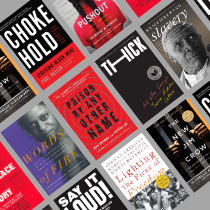
Throughout its history The New Press has published hundreds of books that challenge racism and shine a spotlight on systemic injustice, books that correct a whitewashed historical narrative and offer a vision for a more equal future.
Following the murders of George Floyd, Ahmaud Arbery, and Breonna Taylor, we have seen widespread civil demonstrations followed by brutally violent police responses. In that time New Press authors, like Georgetown University law professor and Chokehold author Paul Butler, have been front and center in the media to talk and write about white supremacy and policing in America. Many of our titles have been shared on social media in anti-racist reading lists from bookstores and readers.
For those looking to understand the mechanisms of systemic racism at play in our society, the history of slavery and racial inequity in this country, and the ways in which previous generations of civil rights leaders have fought back, we put together this list of books as a starting place.
* * * * * * * * * *
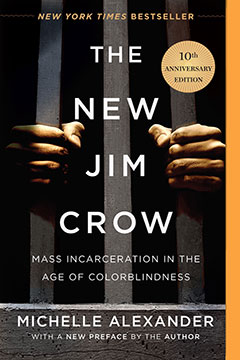
TENTH ANNIVERSARY EDITION
The New Jim Crow: Mass Incarceration in the Age of Colorblindness
By Michelle Alexander
Since this landmark book was first published in 2010, it has been cited in judicial decisions, it helped inspire the creation of institutions like the Marshall Project, and it empowered a whole new generation of activists. Earlier this year we published a tenth anniversary edition that includes an updated preface by author Michelle Alexander that looks back on the book’s impact over the last decade and decries “everything and nothing has changed.”
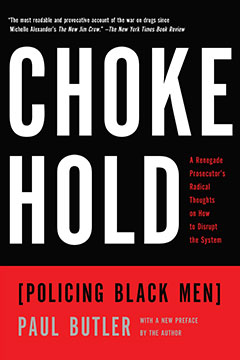
Chokehold: Policing Black Men
By Paul Butler
Cops, politicians, and ordinary people are afraid of Black men. The result is the Chokehold: laws and practices that treat every African American man like a thug. In this explosive book by former federal prosecutor and Georgetown University law professor Paul Butler shows that the system is working exactly the way it’s supposed to. Black men are always under watch, and police violence is widespread—all with the support of judges and politicians. Read an excerpt from Chokehold in the Guardian about how the US justice system is built to humiliate and oppress Black men.

Pushout: The Criminalization of Black Girls in Schools
By Monique W. Morris
In a groundbreaking work that Lisa Delpit calls “imperative reading,” Monique W. Morris chronicles the experiences of Black girls across the country whose intricate lives are misunderstood, highly judged—by teachers, administrators, and the justice system—and degraded by the very institutions charged with helping them flourish. Morris exposes a world of confined potential and supports the rising movement to challenge the policies, practices, and cultural illiteracy that push countless students out of school and into unhealthy, unstable, and often unsafe futures. Morris's builds upon these ideas in her newest book, Sing a Rhythm, Dance a Blues: Education for the Liberation of Black and Brown Girls, to provide a blueprint for how to transform schools into places where learning and collective healing can flourish.
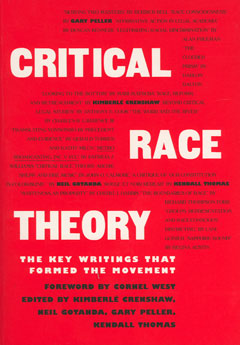
Critical Race Theory: The Key Writings That Formed the Movement
Edited by: Kimberlé Crenshaw, Neil T. Gotanda, Gary Peller, Kendall Thomas, with a foreword by Cornel West
Questioning the old assumptions of both liberals and conservatives with respect to the goals and the means of traditional civil rights reform, Critical Race Theory collects seminal texts by leading critical race theorists on the interplay between law and race in America that present new paradigms for understanding racial injustice.
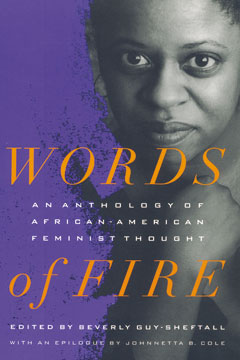
Words of Fire: An Anthology of African-American Feminist Thought
Edited by Beverly Guy-Sheftall
The first major anthology to trace the development, from the early 1800s to the present, of Black feminist thought in the United States. From the pioneering work of abolitionist Maria Miller Stewart and anti-lynching crusader Ida Wells-Barnett to the writings of contemporary feminist critics Michele Wallace and bell hooks, Black women have been writing about the multiple jeopardies—racism, sexism, and classism—that have made it imperative for them to forge a brand of feminism uniquely their own.
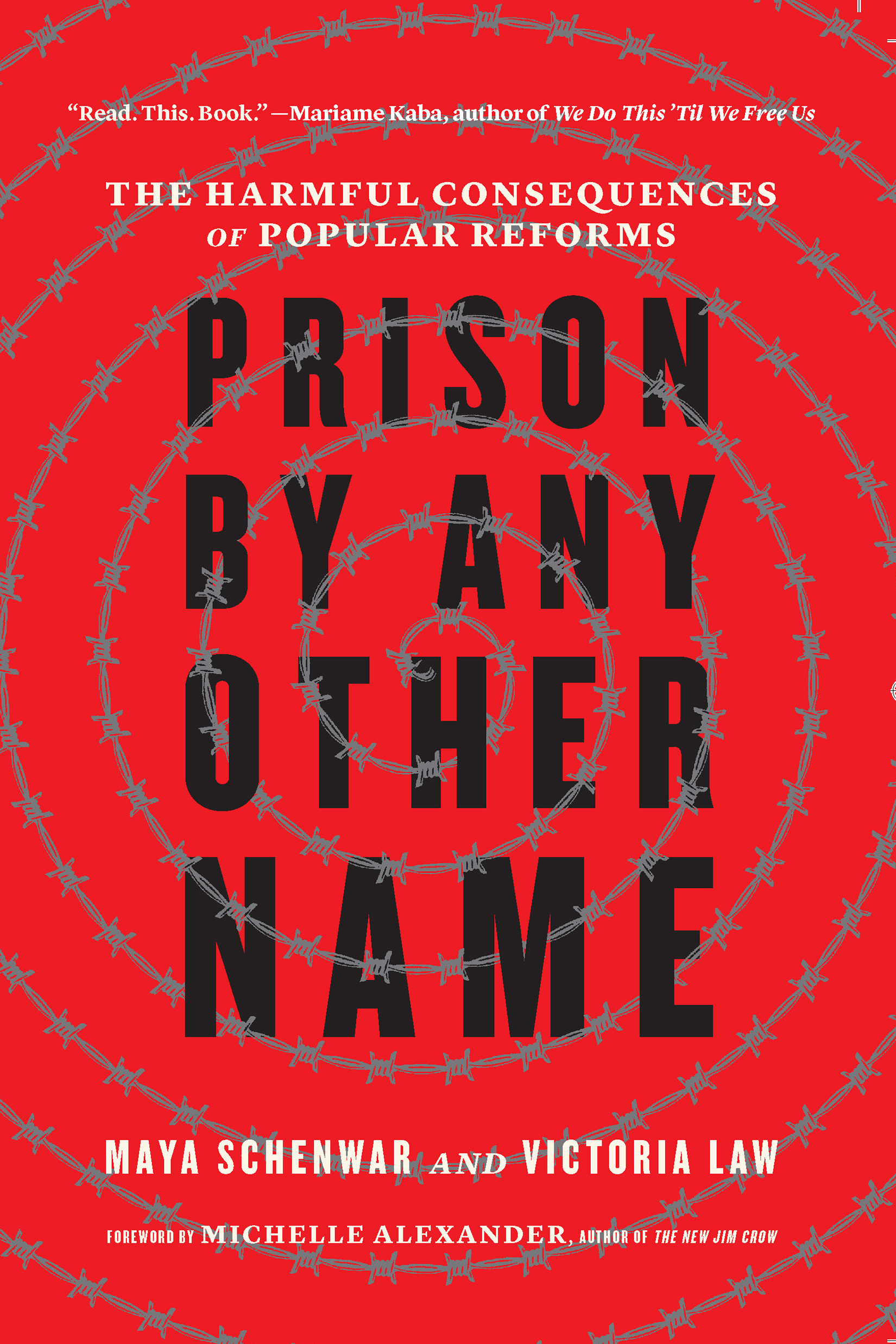
Prison by Any Other Name: The Harmful Consequences of Popular Reforms
By Maya Schenwar and Victoria Law, with a foreword by Michelle Alexander
Activist journalists Maya Schenwar and Victoria Law examine the key alternatives being proposed as substitutes to prison (electronic monitoring, house arrest, locked-down drug treatment, etc) to reveal how many actually widen the net of state control. Schenwar and Law challenge us to question the ways we replicate the status quo when pursuing change and offer bolder vision for truly alternative justice practices.
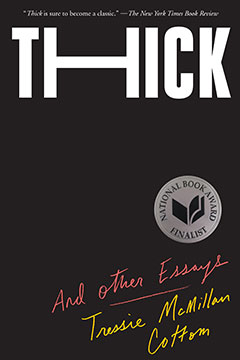
Thick: And Other Essays
By Tressie McMillan Cottom
Named one of the Ten Best Essay Collections of the Decade by Literary Hub and one of the Must-Read Books of 2019 by TIME magazine, Thick is a bold and genre-busting collection. McMillan Cottom has crafted a Black woman's cultural bible, as she mines for meaning in places many of us miss and reveals precisely how―when you're in the thick of it―the political, the social, and the personal are almost always one and the same. McMillan Cottom investigates everything from Saturday Night Live, LinkedIn, and BBQ Becky to sexual violence, infant mortality, and Trump rallies. Read an excerpt from the book published in Zora.
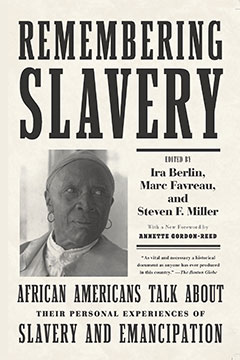
Remembering Slavery: African Americans Talk About Their Personal Experiences of Slavery and Emancipation
Edited by Ira Berlin, Marc Favreau, and Steven F. Miller
The New Press originally published Remembering Slavery in 1998, a book-and-tape set that offered a startling first-person history of slavery. Using excerpts from the thousands of interviews conducted with ex-slaves in the 1930s by researchers working with the Federal Writers’ Project, the astonishing audiotapes made available the only known recordings of people who actually experienced enslavement—recordings that had gathered dust in the Library of Congress until they were rendered audible for the first time specifically for this set.
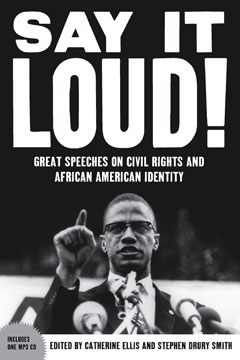
Say It Loud: Great Speeches on Civil Rights and African American Identity
Edited by Catherine Ellis and Stephen Drury Smith
Bringing the rich immediacy of the spoken word to a vital historical and intellectual tradition, Say It Loud illuminates the diversity of ideas and arguments pulsing through the Black freedom movement. The book includes powerful speeches by Malcolm X, Angela Davis, Martin Luther King Jr., James Cone, Toni Morrison, Colin Powell, and many others.
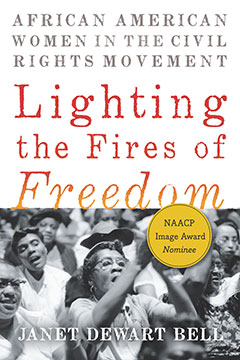
Lighting the Fires of Freedom: African American Women in the Civil Rights Movement
By Janet Dewart Bell
Most Americans know of Rosa Parks, the Black woman who famously refused to give up her seat to a white person on a bus in Alabama, and helped to ignite the Civil Rights Movement in the 1950s. Equally well known is Coretta Scott King, the widow of Martin Luther King, Jr., and a formidable force in her own right. But a majority of Americans would have a hard time naming other important female leaders of the Civil Rights Movement, although there were many more than two. In Lighting the Fires of Freedom, newly published in paperback, Janet Dewart Bell weaves together the deeply personal and untold accounts of nine women—Myrlie Evers, Gloria Richardson, Kathleen Cleaver, Gay McDougall, Diane Nash, Judy Richardson, Aileen Hernandez, Leah Chase, and Dr. June Jackson Christmas—to shine a light on their often overlooked achievements. Find out more about the women profiled in the book from our previous blog post “9 Women Civil Rights Leaders to Celebrate this Black History Month.”
